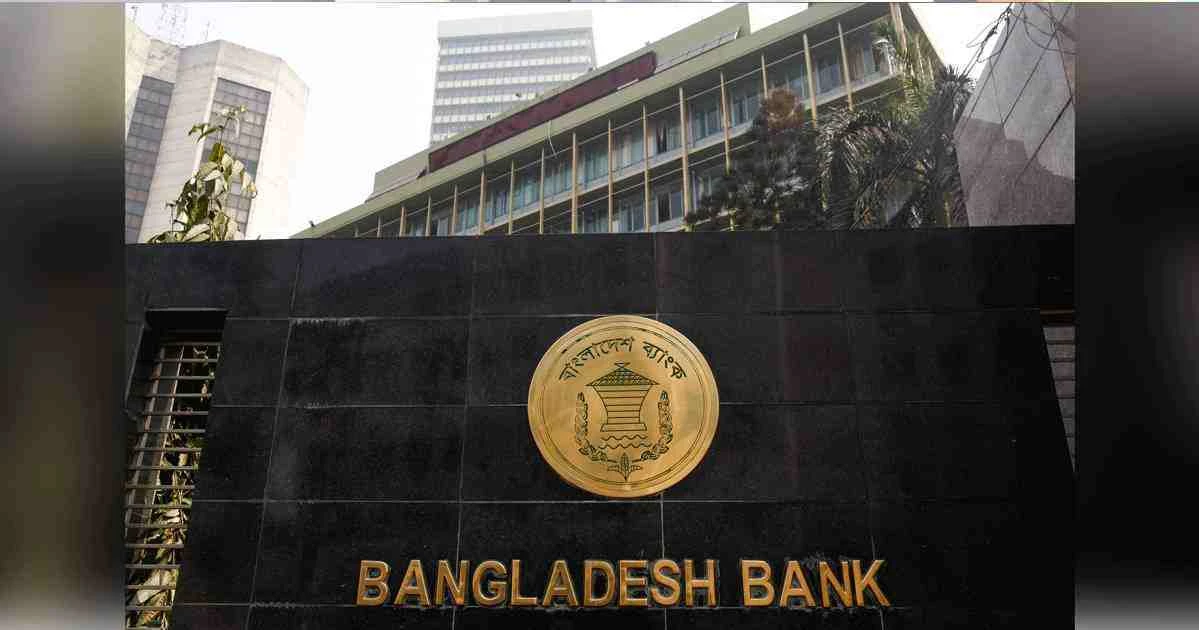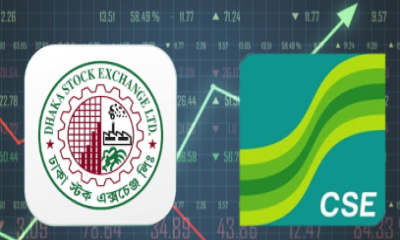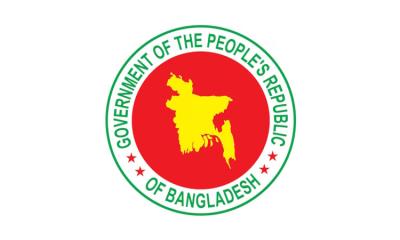Bangladesh Bank will continue its tight monetary policy for the first half of FY 2024-25, keeping all policy interest rates and exchange rate rates unchanged.
The new monetary policy announced on Thursday also aimes to cut down inflation by stopping money printing for government spending. The policy has also kept a target of bringing down inflation rate at around 6.5 percent within the FY2024-25.
The central bank released the new monetary policy by uploading online on Thursday for the first time as the journalists have been boycotting all the programmes of the BB Governors in protest of banning journalist entry to the central bank headquarters.
Usually, the monetary policy is released at a press conference in the presence of the governor, deputy governors, and chief economist of the central bank. They also join question-answer session and explain the different expectations of the monetary policy to the reporters.
The interest rate for loans will not increase as the policy keeps the policy interest rate unchanged. The new monetary policy has relaxed imports to bring a pace in the economic activities, which became slow earlier due to tightened imports.
In the MPS, the BB has stated that from now on, in the case of importing cars, fruits, flowers, and cosmetics, these products should be imported only by depositing cash against the letter of credit (LC). Apart from this, the issue of advance payment for import of other products will be relaxed.
The new monetary policy kept private sector credit growth unchanged. Private sector credit growth has reached 9.8 percent till last June. This rate of growth of private loans has been maintained until next December. On the other hand, the growth of public sector debt stood at 12.8 percent at the end of June.
In the new monetary policy, the government debt growth target has been further increased to 14.2 percent. That is, the government has been given the opportunity to take more loans from the banking sector.
In addition, the central bank has announced that it will not increase the supply of currency by printing new money (reserve money). Reserve money growth was 7.9 percent in June. The target is set to reduce this growth to 2 percent in December.

















-20260220065859.jpeg)


-20260219110716.webp)

-20260219054530.webp)














